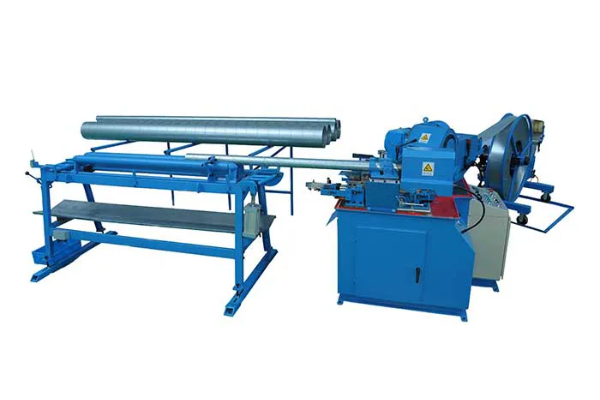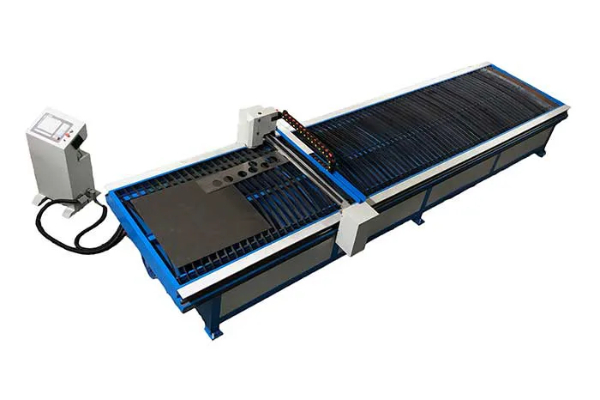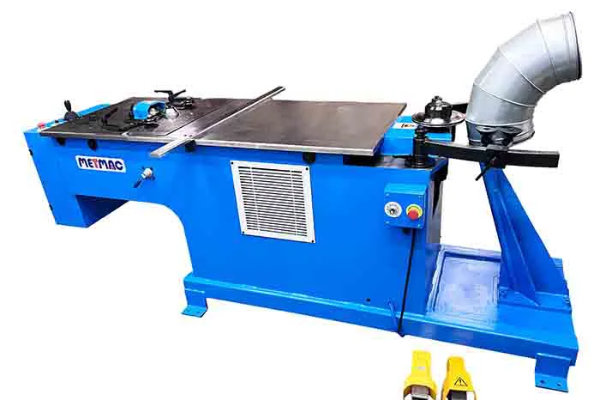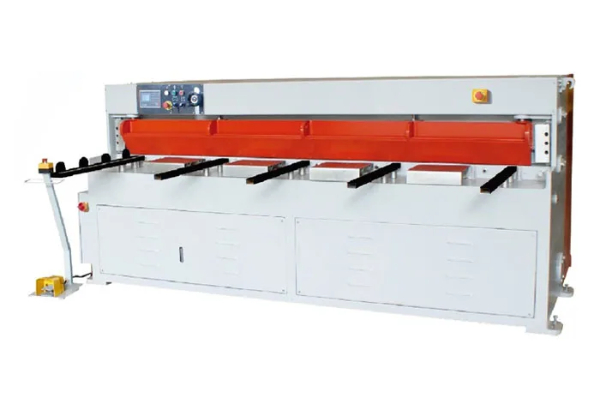
The Environmental Impact of Metal Sheet Press Brakes
- By:Metmac
- 2024-06-18
- 89
Introduction
Metal sheet press brakes are essential machines in the metal fabrication industry used to bend sheet metal into various shapes. However, like all industrial processes, press brakes have environmental impacts that should be considered. This article aims to provide a comprehensive overview of the environmental impact of metal sheet press brakes and discusses ways to mitigate these effects.
Energy Consumption
Press brakes consume significant amounts of electricity, primarily due to the hydraulic or servo-electric systems that provide the bending force. The efficiency of these systems and the frequency of use directly impact energy consumption. Optimizing bend sequences, utilizing energy-efficient controls, and implementing idle mode functions can help reduce energy usage.
Greenhouse Gas Emissions
The electricity used to power press brakes often generates greenhouse gases (GHGs), primarily carbon dioxide (CO2). Reducing energy consumption, as discussed above, is crucial for minimizing GHG emissions. Additionally, exploring renewable energy sources, such as solar or wind power, for powering press brakes can significantly reduce the carbon footprint.
Waste Generation
Press brakes produce various forms of waste during their operation. For example, scrap metal from trimming or punching is a significant waste stream. Reducing scrap generation through optimized part nesting and efficient material utilization can help minimize waste. Proper waste management practices, including recycling and disposal, are essential for responsible waste handling.
Noise Pollution
Press brakes can generate significant noise during operation, which can impact the workplace environment and surrounding areas. Investing in sound-dampening enclosures or implementing noise reduction technologies can alleviate noise pollution. Additionally, proper site planning and sound insulation measures can mitigate noise impacts on neighboring properties.
Fluid Leaks and Spills
Hydraulic press brakes use hydraulic fluid to generate bending force, which can potentially leak or spill during operation. These fluids contain hazardous chemicals that can contaminate water sources if not properly managed. Regular maintenance, leak detection systems, and spill containment measures are crucial to prevent fluid leaks and spills.
Mitigation Measures
Several strategies can be implemented to reduce the environmental impact of metal sheet press brakes:
Energy Efficiency: Implement energy-efficient practices, including optimizing bend sequences and utilizing energy-efficient controls.
Renewable Energy: Explore the use of renewable energy sources, such as solar or wind power, to power press brakes.
Waste Management: Optimize material utilization to reduce scrap generation and implement proper waste recycling and disposal practices.
Noise Control: Invest in sound-dampening enclosures and implement noise reduction technologies to minimize noise pollution.
Fluid Management: Ensure proper maintenance, install leak detection systems, and implement spill containment measures to prevent fluid leaks and spills.
Conclusion
The environmental impact of metal sheet press brakes is multifaceted, including energy consumption, greenhouse gas emissions, waste generation, noise pollution, and fluid leaks. By understanding these impacts and implementing mitigation measures such as energy efficiency, renewable energy, and waste management, manufacturers can reduce the environmental footprint of press brake operations and contribute to a more sustainable industry.
-
Reliable Sheet Metal Equipment for Sale to Support Precision Fabrication
2025/07/17 -
Advanced Duct Machine AC and Fabrication Solutions from Metmac
2025/07/12 -
The Advantages of Using a Sheet Roll Forming Machine in Manufacturing
2024/09/14 -
How to Optimize Your Laser Sheet Cutting Machine for Maximum Performance
2024/09/12
-
Innovative Solutions from Leading Duct Machine Manufacturers
2025/07/21 -
Efficient Sheet Metal Fabrication with Advanced Duct Folding and Beading Machines
2025/07/21 -
High-Quality Duct Grooving and Sealing Machines for Efficient HVAC Manufacturing
2025/07/21 -
Advanced Sheet Metal Machinery for Precision Fabrication
2025/07/17
-
A Guide to the Latest Innovations in Sheet Metal Folding Machines
2024/11/29 -
Key Features to Consider When Investing in a Sheet Metal Folding Machine
2024/11/28 -
Enhancing Precision with Advanced Sheet Metal Folding Machines
2024/11/27 -
How to Choose the Right Sheet Metal Folding Machine for Your Workshop
2024/11/26





